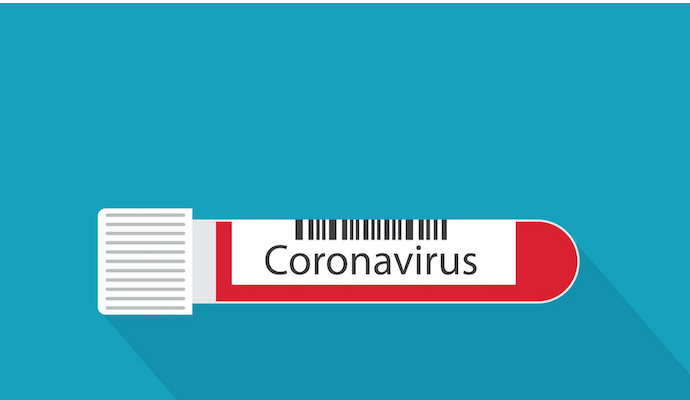Vaccination Implementation As Vital As Drug Efficacy, Study Finds
Implementation factors, such as manufacturing delays and vaccine hesitancy, contribute more to the success of a vaccination program than drug efficacy, according to a new study.

Source: Thinkstock
- The implementation of a COVID-19 vaccination program will contribute more to the success a vaccine than drug efficacy, according to a recent Health Affairs study.
The study’s findings could impact how quickly a COVID-19 vaccine is introduced based on a combination of several factors, researchers stated.
Factors deemed important to the success of a vaccination program include manufacturing capacity, development of distribution systems and infrastructure, creation of mass vaccination clinics in diverse locations, and related logistical considerations, researchers explained.
“How well a vaccine program ‘works’ will depend on how quickly it can be manufactured, how efficiently it can be distributed to locations in greatest need, how persuasive health messaging can be in promoting public acceptance, and how consistently the public can adhere to the many complementary prevention strategies to limit the spread of the virus,” researchers said.
But the benefits of a vaccine will greatly decrease if any manufacturing or development challenges arise, such as delays, vaccine hesitancy, or heightened epidemic severity.
Therefore, researchers explained that experts must invest in efforts to quickly deliver vaccines to a large mass of individuals to respond to any vaccine hesitancy in an efficient manner.
A September study from Pew Research Center found that just half of Americans would definitely or probably get a COVID-19 vaccine if it were available today.
Most respondents (72 percent) voiced concerns regarding side effects and effectiveness of the vaccine, while others believe the process is moving too fast (78 percent).
In the Health Affairs study, researchers used a mathematical model of 100,000 vaccination cases to estimate population benefits of a COVID-19 vaccine.
They looked to understand the connection between considerations related to COVID-19 vaccine efficacy as determined through clinical testing and the design and execution of vaccination programs that followed.
The model predicted 61,112 infections and 2,725 cumulative deaths over the course of six months without a vaccine.
But introducing preventative vaccines at baseline efficacy levels would result in 42,583, 39,767, and 31,625 cumulative infections and 1,896, 1,318, and 1,199 cumulative deaths, respectively.
A 50 percent-effective disease-modifying vaccine would have a greater impact on mortality and peak hospitalizations than a 50 percent-effective preventive vaccine.
And while a 50 percent-effective composite vaccine would have the best overall performance, its impact would be lesser than the total of the impacts of the other two vaccine types combined.
To fully understand how imperfect implementation might affect vaccination program success, researchers held all vaccine efficacy parameters at their base values. Simultaneously, they looked at different assumptions regarding the speed of manufacturing, distributing, and extent of vaccine delivery.
These two implementation parameters are independent of vaccine clinical trial results.
Specifically, the base case level for pace parameter was assumed at 0.5 percent, while vaccine efficiency variables were set to 25 percent, 50 percent, and 75 percent.
The models measured preventative vaccines, disease-modifying vaccines, and composite vaccines at baseline levels. Researchers specifically looked at infections, deaths, and peak hospital utilization.
Overall, the US must welcome a wide range of vaccine efficacy profiles at the time of FDA authorization or approval and manage expectations of how a vaccine will contribute to public health responses, researchers said.
“Our results demonstrate that the benefits of any COVID-19 vaccine—whether highly, moderately, or modestly efficacious by any trial-defined outcome—will depend at least as much on how swiftly and broadly it is implemented and the epidemiological environment into which it is introduced as it will on the vaccine’s physiological properties as shown through clinical trials,” they concluded.
